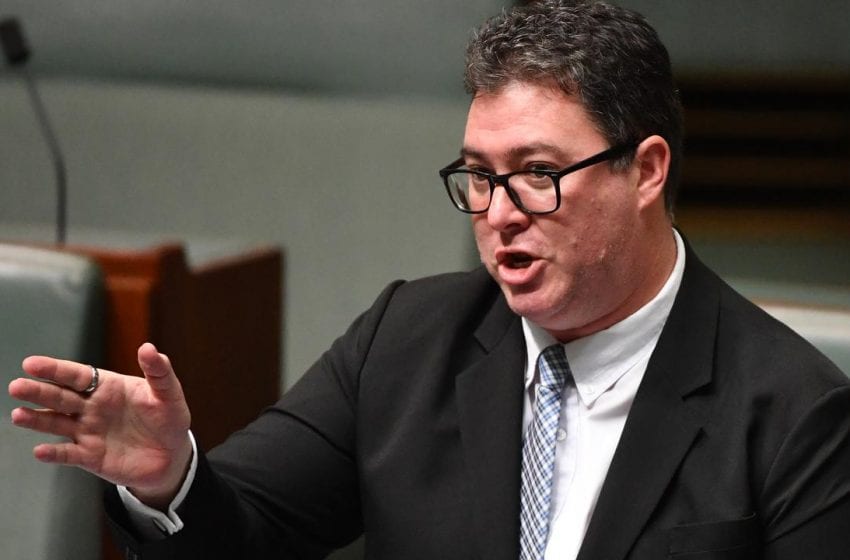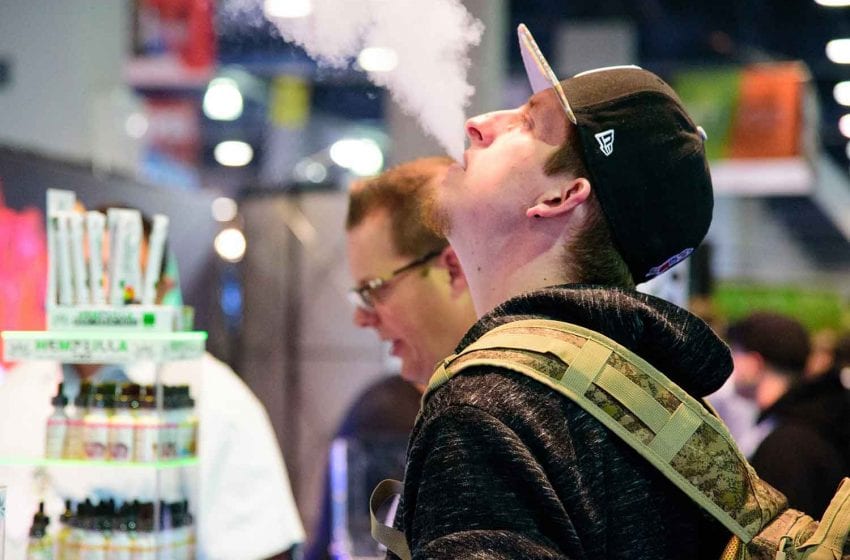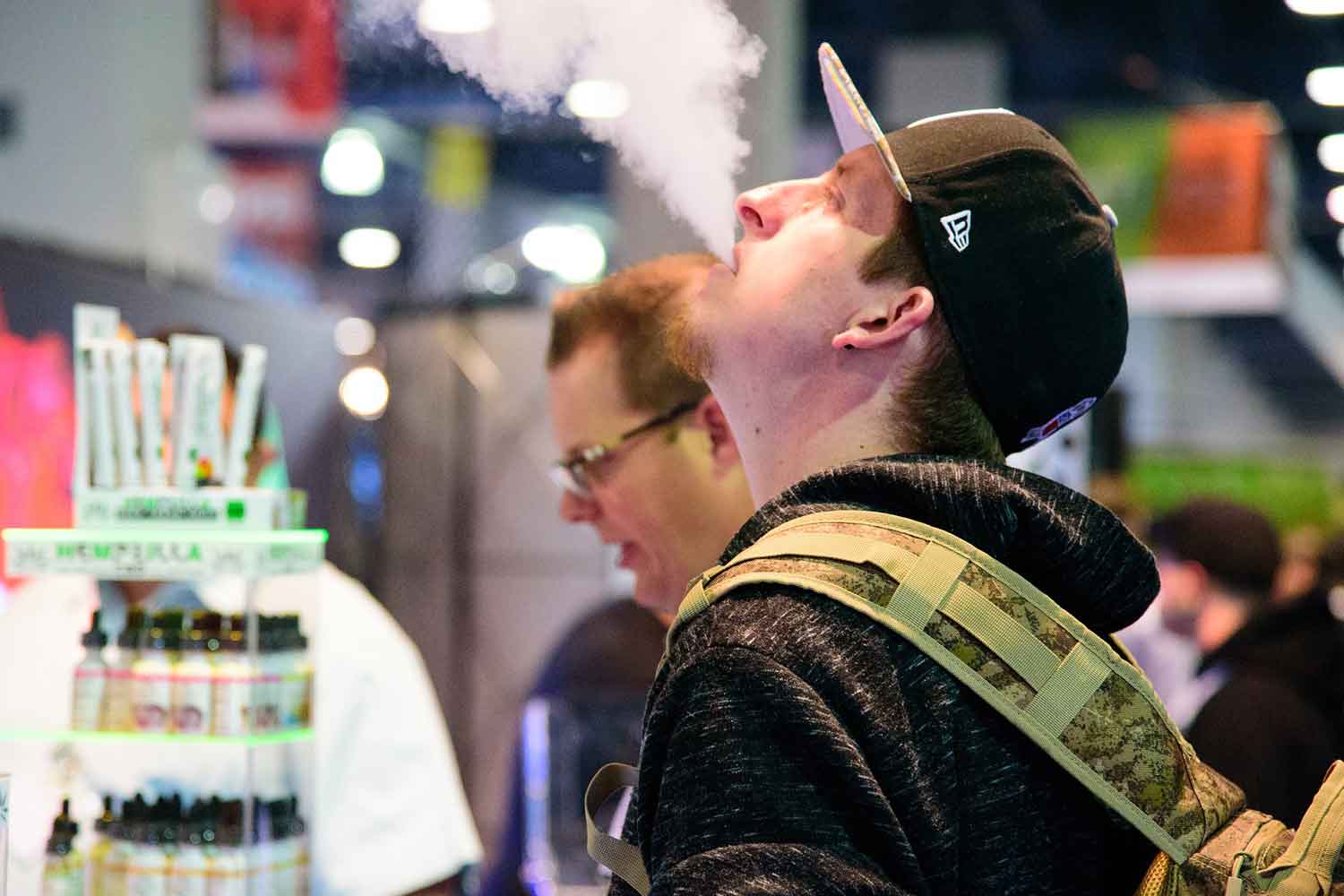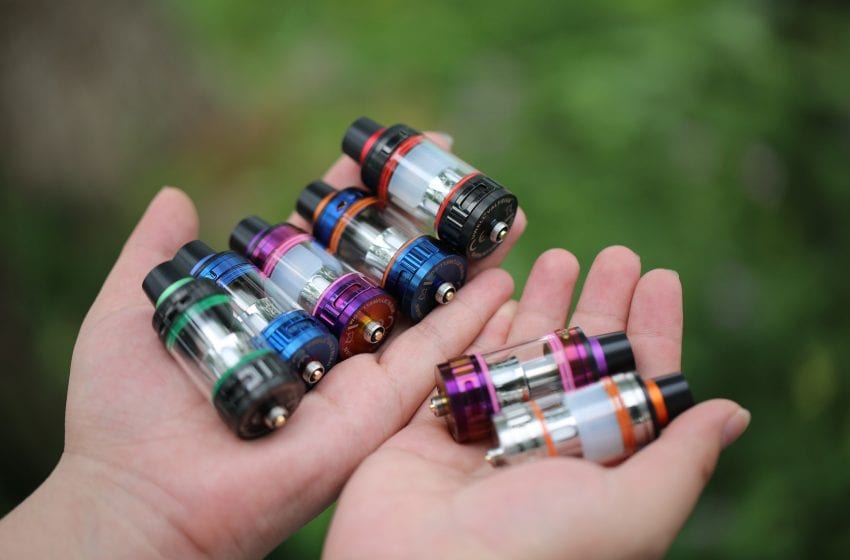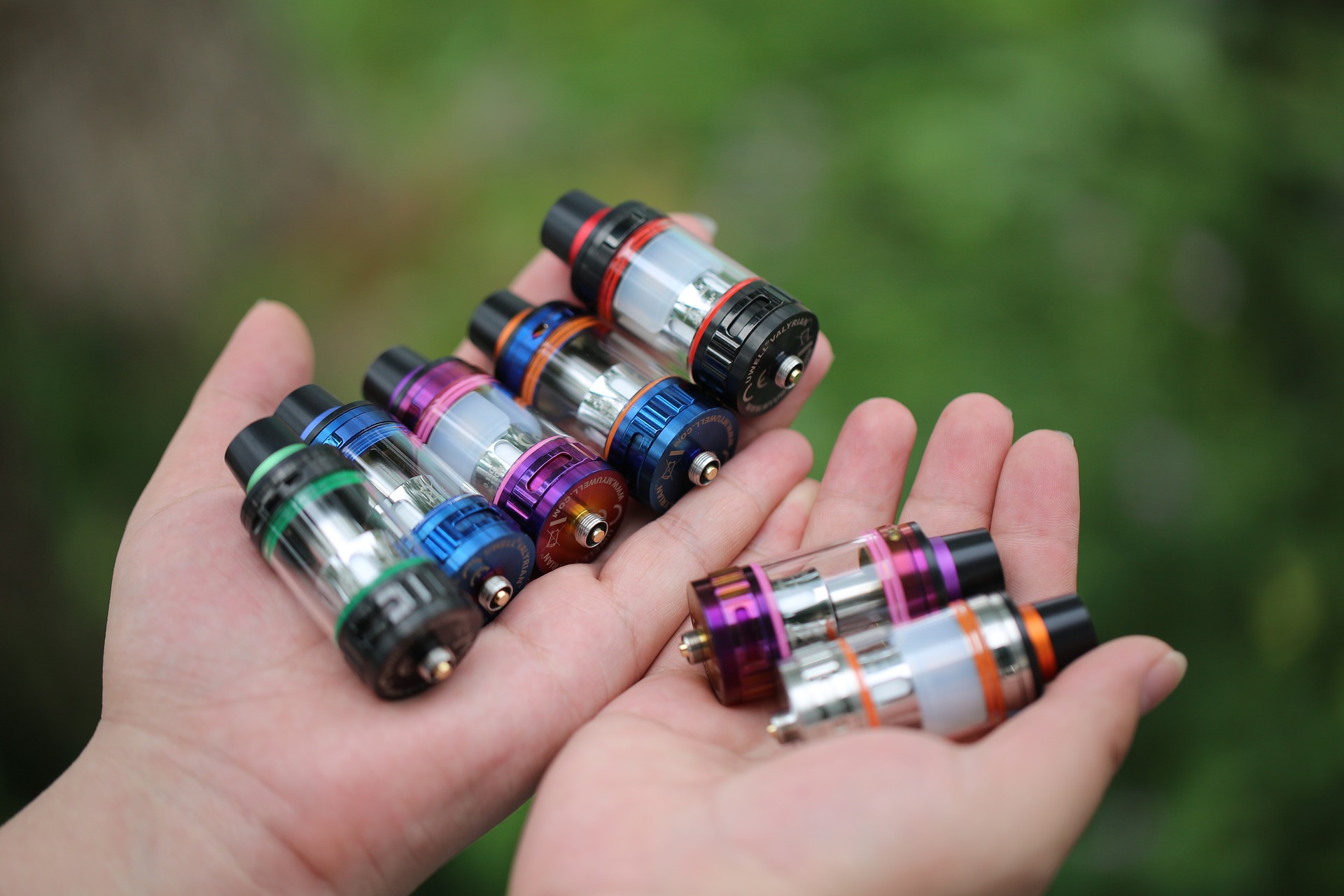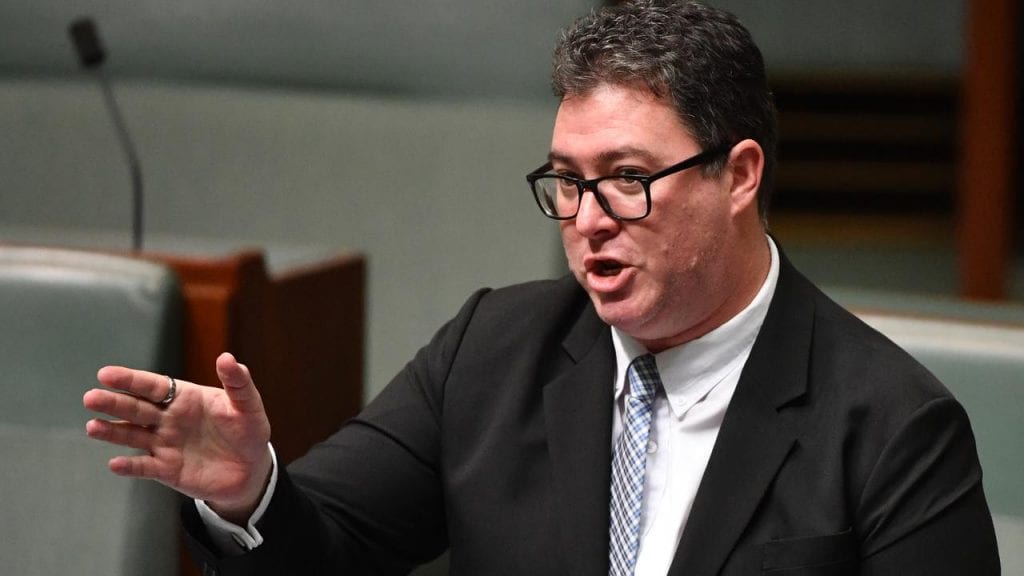
Coalition MPs including George Christensen have joined together against Australia’s Health Minister Greg Hunt’s unilateral decision to ban the personal importation of liquid nicotine for vaping from 1 July.
The decision, made by Hunt on Friday after parliament rose for a six-week adjournment, delighted doctors groups but has outraged Liberal and National backbenchers who favor legalisation of vaping, according to an article in The Guardian.
On Wednesday, Christensen said the ban could mean fines of up to $200,000 for those who break the law and import liquid nicotine without a prescription.
“This was all done without any consultation with the public or many government MPs including myself,” he said on Facebook “I completely oppose the move, which could result in people returning to cigarettes or purchasing potentially dangerous alternatives on the black market.”
The Liberal senator James Paterson told Guardian Australia his views “remain unchanged”.
“Vaping is a safer alternative to smoking,” he said. “We should be making it easier for smokers to quit, not harder.
“We should safely regulate vaping like virtually every other developed nation has done.”
In March 2018 the Liberal MPs Trent Zimmerman, Tim Wilson and Andrew Laming voiced support for vaping in dissenting reports of a House of Representatives health committee inquiry.
Zimmerman told Guardian Australia he had done so because he was “convinced vaping could play a major role in moving people from tobacco to a safer product”.
“It is inexplicable to me why the government would act during a pandemic – when all evidence is that smoking increases the health risk for those who catch coronavirus – in a way that could result in more people going back to smoking,” he said.
The Nationals senator Matt Canavan described as “overkill” the move to impose fines “for importing what is in most countries a legal product”.

